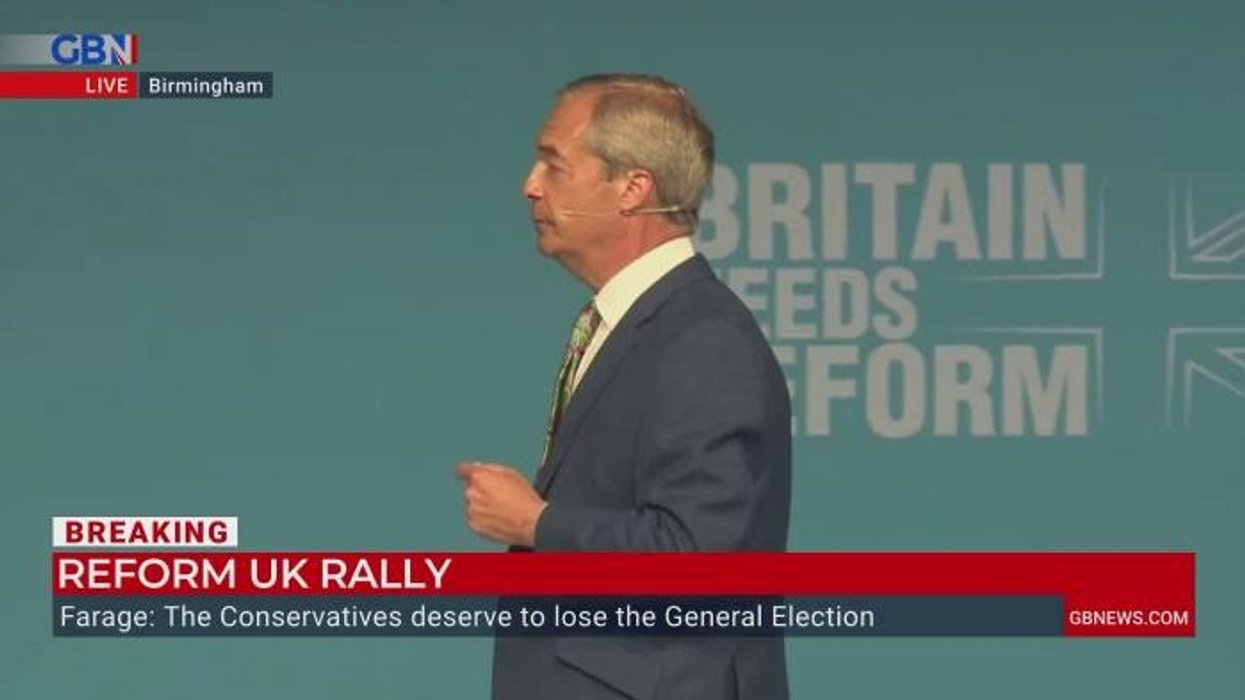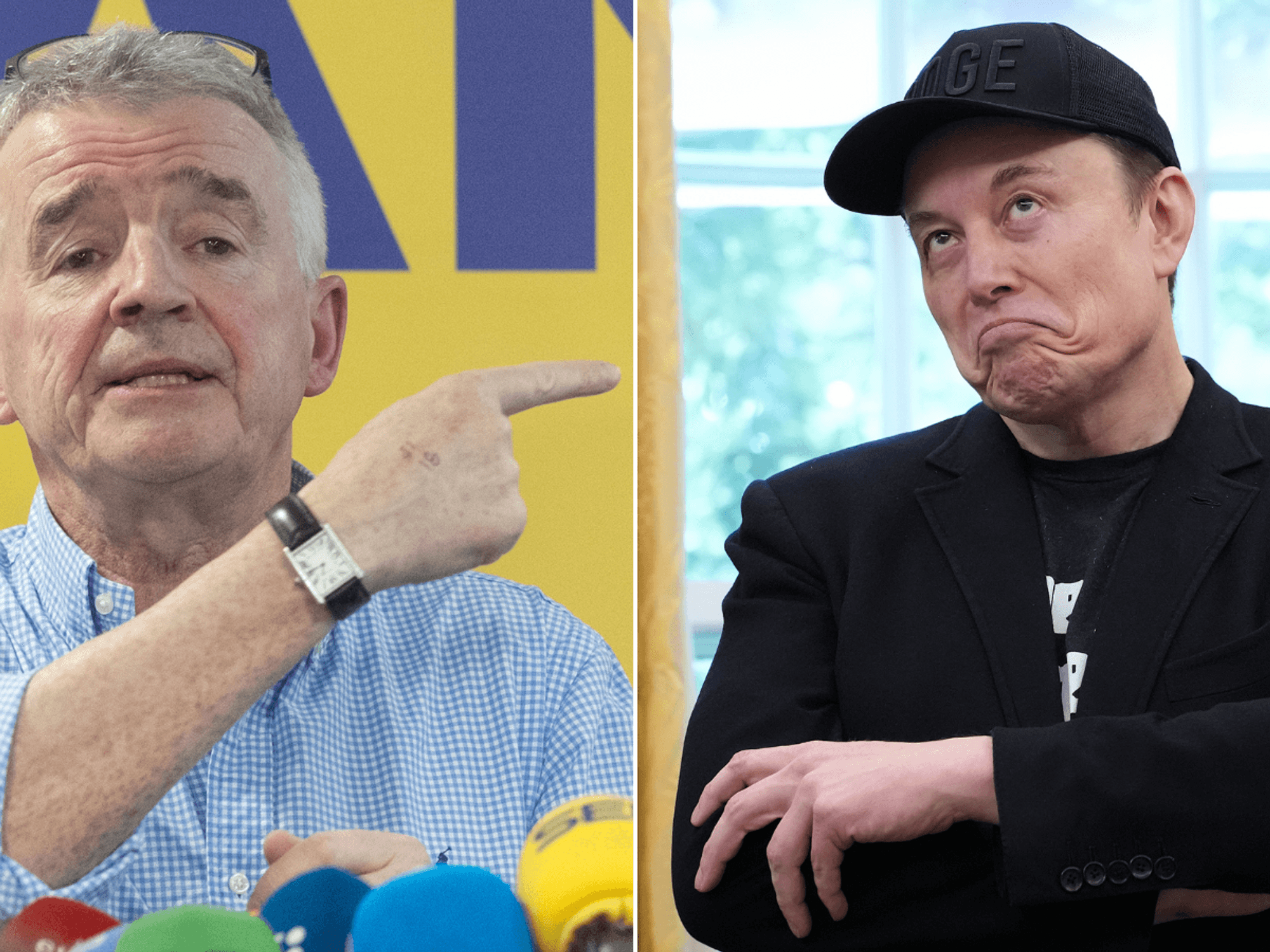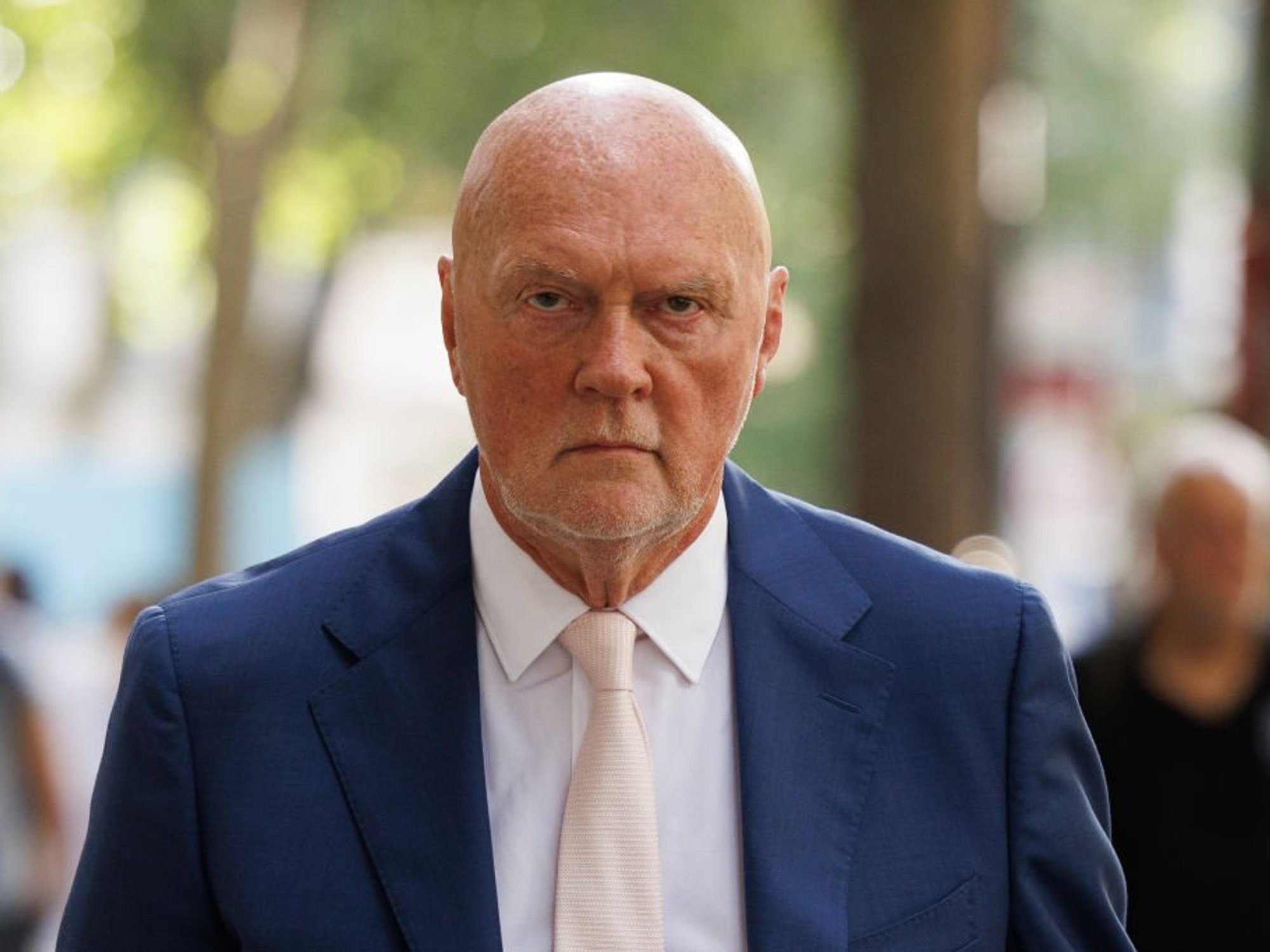BBC licence fee: Tim Davie issues warning on evasion – ‘We are watching like a Hawk’

BBC Director General Tim Davie has warned the broadcaster is closely monitoring licence-fee evasion
Don't Miss
Most Read
Britons tempted to dodge the TV licence fee have been issued a stark warning by BBC director-general Tim Davie.
He declared the corporation is "watching like a hawk" as evasion rates creep higher ahead of potential funding changes.
During the Culture, Media and Sport Committee meeting today about licence fee enforcement, Mr Davie acknowledged a “harder environment” with streaming rivals undermining traditional media.
However he noted the licence fee has remained “incredibly resilient” thanks to strong usage.
This comes as the committee acknowledged that despite the investment into enforcement visits rising year on year - resulting prosecutions weren't keeping pace.
“So I think it’s a harder environment. When you’ve got on-demand services, you’ve got Netflix - there’s not a business model in traditional media that isn’t challenged,” he explained.
The Director General then defended the license fee model by saying, “In fact, the licence fee has been a lot better than most. It’s been incredibly resilient, and that’s due to usage. But we are watching this like a hawk.”
Committee members pressed the BBC chief over enforcement effectiveness.
One member observed: “You’re putting a huge amount into enforcement visits. The visit statistics are going up, but the resulting prosecutions or remedial actions from those that you visit isn’t going up as well."
"So you’re spending a lot of money in this. It’s not all working out the way you would want.”
Mr Davie responded: “If you come to the top team of the BBC, we’ll look at evasion rates. We are spending a lot more time on linking what the chair said between behaviour and payment."
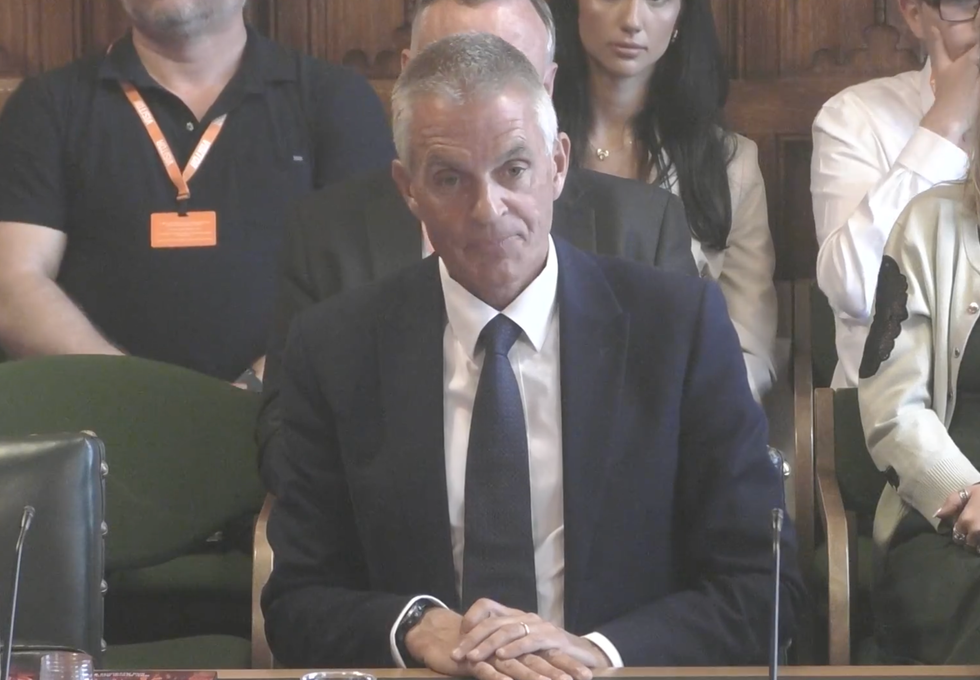
The BBC Director General spoke to the Culture, Media and Sport Committee today about license fee enforcement
|Parliament live
"I’m obsessed with people using it, because I don’t want the BBC to be a market failure BBC.”
Davie emphasised that enforcement is balanced with fairness and support: “Trying to get the balance right as well, because there are fair concerns around how you appropriately collect and enforce. I believe in enforcement."
"Actually, the vast majority of people say, ‘Well, I pay, so it’s fair that everyone pays.’ But we are often talking about low-income households. We’re often talking about women in the household. So we’ve introduced simple payment plans — all those things. It’s not just about sticks, it’s also about carrots.”
Mr Davie doubled-down on his belief in enforcement, "We continue to enforce. We continue to be quite tough about that, but in a sensitive way, and we are seeing some results from the added investment from Capita, on technology and retention.”
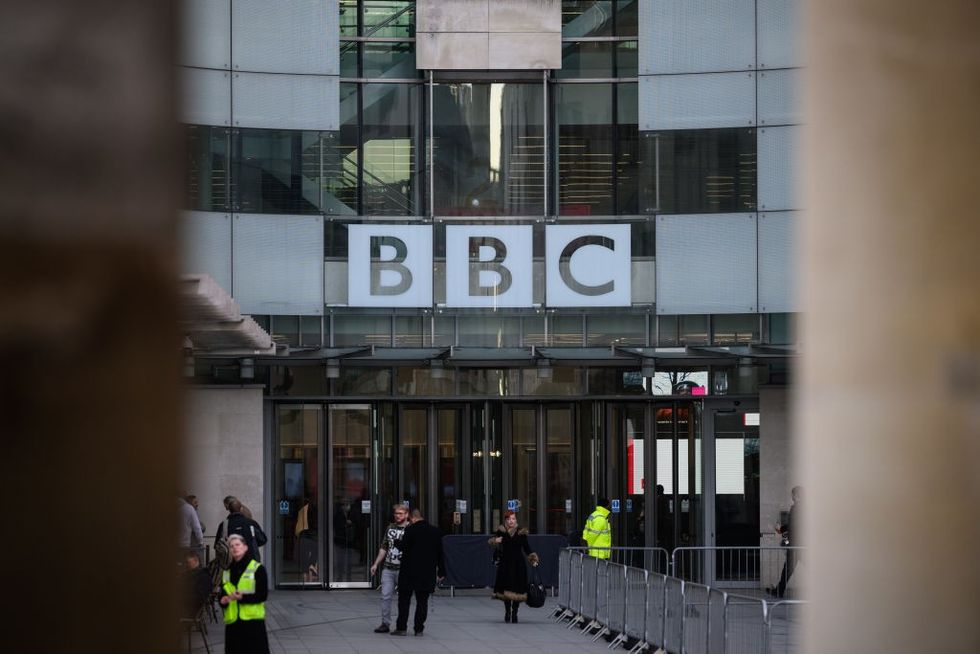
Reforms to the license fee have been called for as purchases decline
|GETTY
"In our budgeting, we need to know our income, so we have an assumption around our evasion rates.”
Do you have a money story you’d like to share? Get in touch by emailing money@gbnews.uk.
Licence-fee evasion has risen to 12.52 per cent in 2024–25, equating to around £550million in lost income every year.
In the past 12 months alone, the BBC has lost 500,000 licence-fee payers, with the number falling from about 24.4 million to 23.9 million households.
That drop has shaved around £80million from the corporation’s income, according to the National Audit Office (NAO).
In real terms, the licence fee now generates about 30 per cent less than it did in 2010–11, a shortfall worth more than £1billion annually once inflation is factored in.
Mr Davie himself has acknowledged that the BBC’s budget has been cut by roughly 30 per cent over the past 14 years, largely due to government freezes and rising costs.
To cope, the BBC has embarked on sweeping cuts. Earlier this year it confirmed 155 job losses across its news division, equivalent to around 4 per cent of its newsroom budget.
Net reductions of 130 roles are expected as the corporation pursues £24million in savings.

People are becoming less inclined to pay - and more likely to evade
| GETTYOverall, it is aiming for £400million of annual savings, which includes slashing 1,000 hours of commissioned content.
The combination of rising evasion, shrinking income, and ongoing cuts underlines the fragile state of the BBC’s funding model.
While Mr Davie told members he remained “obsessed” with linking usage to payment, the figures suggest a growing number of households are simply opting out.
More From GB News


